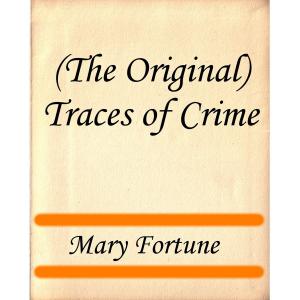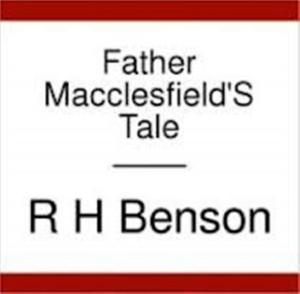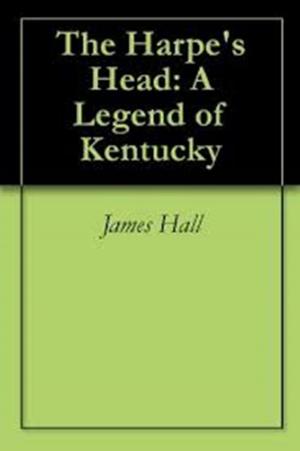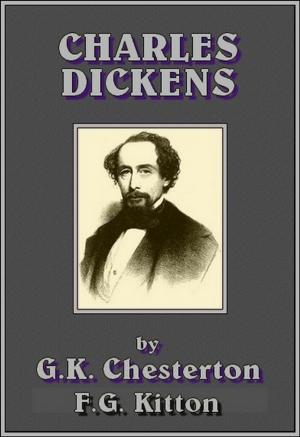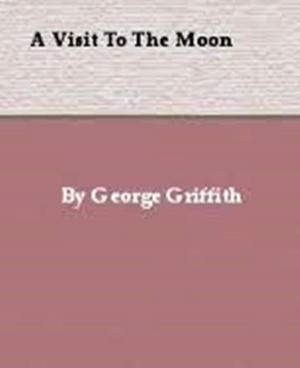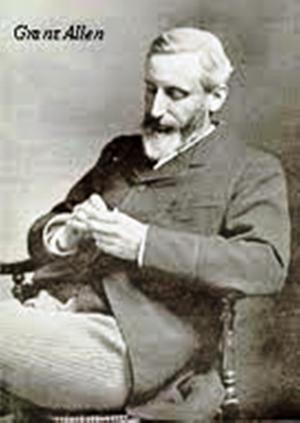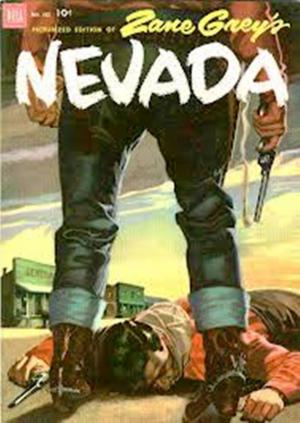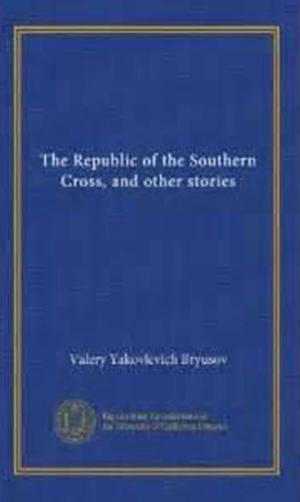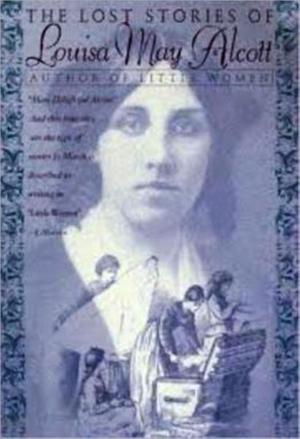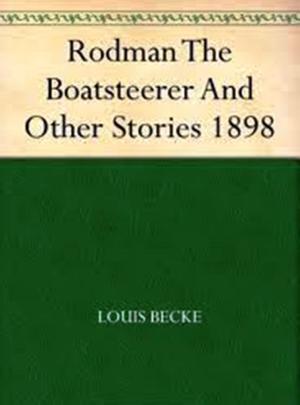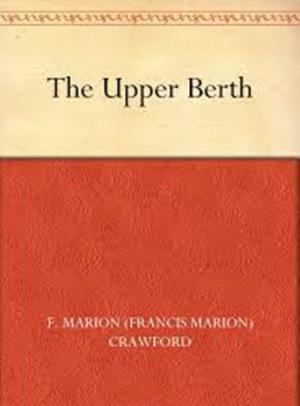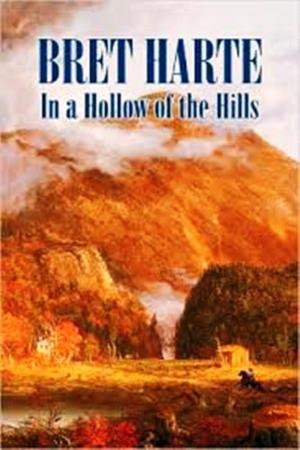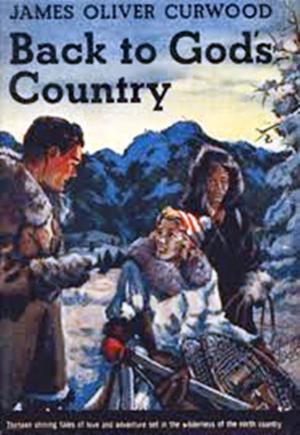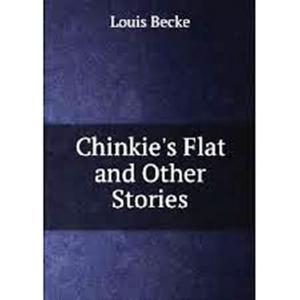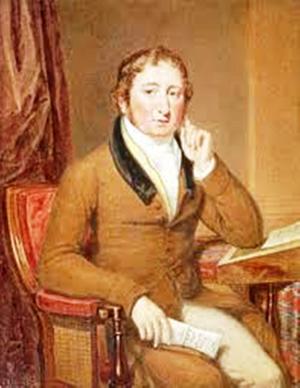| Author: | R.M. Ballantyne | ISBN: | 1230000139908 |
| Publisher: | WDS Publishing | Publication: | June 7, 2013 |
| Imprint: | Language: | English |
| Author: | R.M. Ballantyne |
| ISBN: | 1230000139908 |
| Publisher: | WDS Publishing |
| Publication: | June 7, 2013 |
| Imprint: | |
| Language: | English |
“The world is round,” said somebody in ancient times to somebody else.
“Not at all; it is flat —flat as a pancake,” replied somebody else to somebody; “and if you were to travel far enough you might get to the end of it and tumble over the edge, if so disposed.”
Ever since the commencement of this early geographical controversy, men have been labouring with more or less energy and success to ascertain the form and character of the earth; a grand, glorious labour it has been; resulting in blessings innumerable to mankind — blessings both spiritual and temporal.
We have heard some people object to geographical discovery, especially in the inclement parts of the earth, on the ground that it could be of no use, and involved great risk to life and limb. “Of no use!” Who can tell what discoveries shall be useful and what useless? “The works of God are great, sought out of all those that have pleasure therein,” saith the Scripture. There is no reference here to usefulness, but the searching out of God's works, without limitation, is authorised; and those who “take pleasure therein,” will be content to leave the result of their labours in the hands of Him who sent them forth. As to “risk,” —why, a carpenter cannot ascend to the top of a house to put the rafters thereon without risk; a chemist cannot investigate the properties of certain fumes without risk; you cannot even eat your dinner without risk. Only this are we sure of —that, if man had never undertaken labour except when such was OBVIOUSLY useful and devoid of risk, the world would still be in the darkness of the Middle Ages.
Reuben Guff held these sentiments, or something like them; and Reuben was a man who had seen a great deal of life in his day, although at the time we introduce him to public notice he had not lived more than six-and-thirty summers. He was a bronzed, stalwart Canadian. His father had been Scotch, his mother of French extraction; and Reuben possessed the dogged resolution of the Scot with the vivacity of the Frenchman. In regard to his tastes and occupation we shall let him speak for himself.
“The world is round,” said somebody in ancient times to somebody else.
“Not at all; it is flat —flat as a pancake,” replied somebody else to somebody; “and if you were to travel far enough you might get to the end of it and tumble over the edge, if so disposed.”
Ever since the commencement of this early geographical controversy, men have been labouring with more or less energy and success to ascertain the form and character of the earth; a grand, glorious labour it has been; resulting in blessings innumerable to mankind — blessings both spiritual and temporal.
We have heard some people object to geographical discovery, especially in the inclement parts of the earth, on the ground that it could be of no use, and involved great risk to life and limb. “Of no use!” Who can tell what discoveries shall be useful and what useless? “The works of God are great, sought out of all those that have pleasure therein,” saith the Scripture. There is no reference here to usefulness, but the searching out of God's works, without limitation, is authorised; and those who “take pleasure therein,” will be content to leave the result of their labours in the hands of Him who sent them forth. As to “risk,” —why, a carpenter cannot ascend to the top of a house to put the rafters thereon without risk; a chemist cannot investigate the properties of certain fumes without risk; you cannot even eat your dinner without risk. Only this are we sure of —that, if man had never undertaken labour except when such was OBVIOUSLY useful and devoid of risk, the world would still be in the darkness of the Middle Ages.
Reuben Guff held these sentiments, or something like them; and Reuben was a man who had seen a great deal of life in his day, although at the time we introduce him to public notice he had not lived more than six-and-thirty summers. He was a bronzed, stalwart Canadian. His father had been Scotch, his mother of French extraction; and Reuben possessed the dogged resolution of the Scot with the vivacity of the Frenchman. In regard to his tastes and occupation we shall let him speak for himself.

